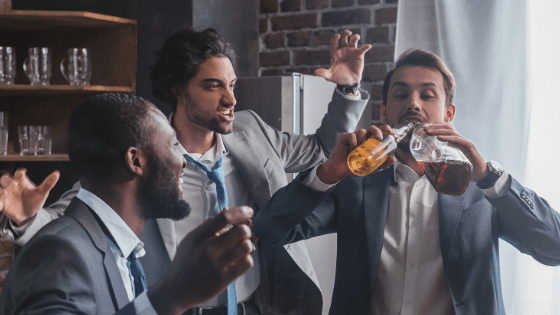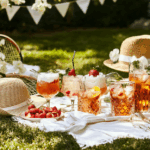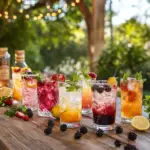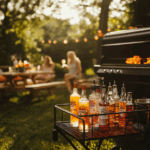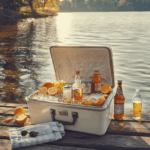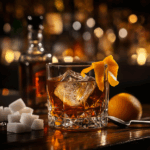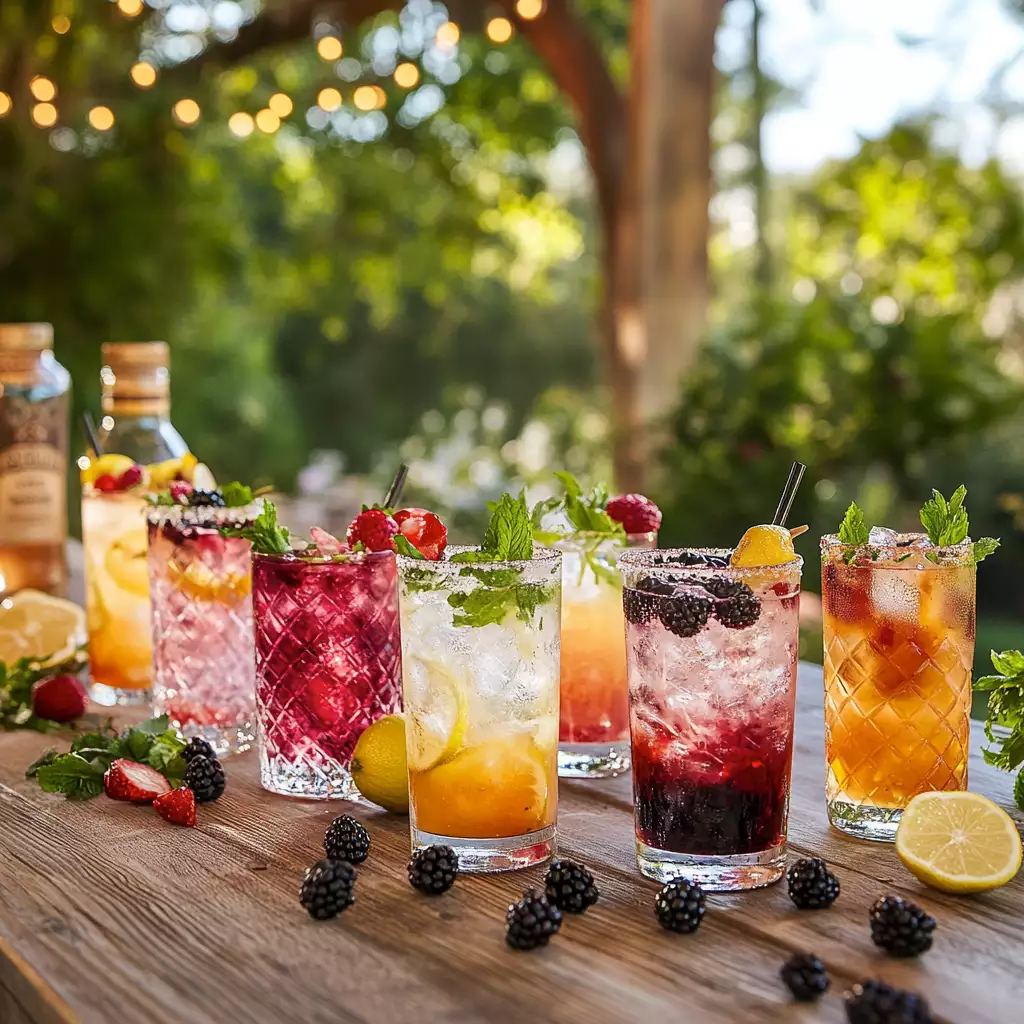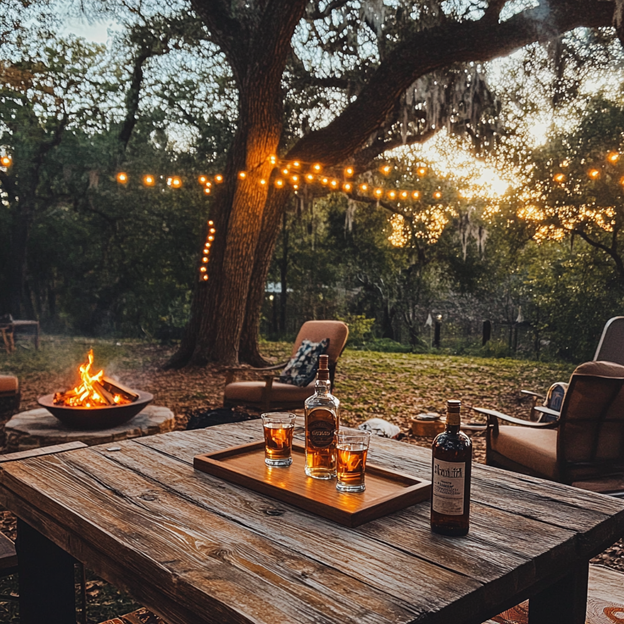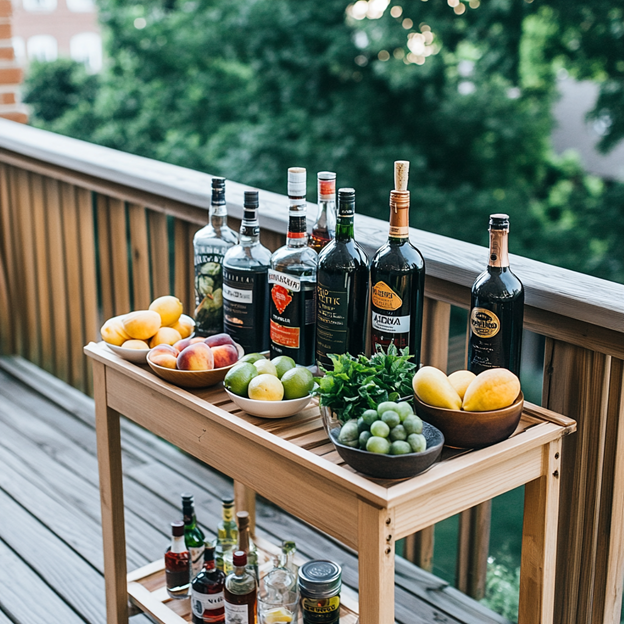You might have heard the “beer before liquor” saying before as a tip for avoiding a hangover. It’s a very common phrase, and some people swear that this method works for them. But, is there any truth to this phrase? Will you really have a worse hangover if you drink beer before liquor? We’ll answer that question in this article.
What is the “Beer Before Liquor” Saying?
Fatigue, nausea, dizziness, sensitivity to light, a killer headache—hopefully this doesn’t give you a flashback to last Sunday morning. Hangovers are the often unbearable enemies of a good night out and, if you get a particularly bad one, you can be knocked out of feeling good for a good chunk of the following day. In those cases, we sometimes look for the craziest hangover cures. Other times, we learn our lesson and go out of our way to try to avoid getting a hangover altogether—without abstaining from a night out, of course.
As a trick to avoid a hangover, you might have heard the saying, “beer before liquor, never sicker; liquor before beer, you’re in the clear.” This is a reference to the way you consume your drinks throughout the evening. If you live by this saying, then you consume liquor earlier in the evening, and beer or wine later in the evening. Supposedly, if you do so, your hangover won’t be as bad in the morning.
We’ve got some bad news if you live by this saying, however: it isn’t really true. The order in which you consume different beverages doesn’t affect whether or not you’ll get a hangover or how bad it will be. At least, not directly.
Why Order Doesn’t Matter
A study published in the American Journal of Clinical Nutrition states that the only factor that can influence the hangover is the amount of alcohol you actually consume.
The above experiment studied the following: a group of 90 individuals (representing different factors like age, size, and sex) were split into three different groups. One group consumed beer first and then wine. Another group consumed wine first and then beer. The third stuck to only beer or wine, but no mixing. All three groups drank proportionally the same amount of alcohol. This experiment was repeated three times, swapping out the groups and their drink orders.
It was found that the order played no significant role in the hangovers experienced, with no observable difference between the hangovers in each of the three cases. This experiment also provided evidence against the common belief that mixing liquor types in general will lead to a worse hangover, seeing as the beer or wine-only rounds did not provide any less of a hangover than when the same individuals consumed both beer and wine.
So, we know see that the order of your drinks doesn’t influence your hangover directly, but these myths have to come from somewhere—right? It seems like the majority of these myths are constructed around personal and subjective experiences, and it often has to do with the behavior and patterns seen when deciding to drink one way or another. For example, if you start drinking beer first and switch to liquor, chances are you’re switching to drinking more alcohol at a faster rate. On the other hand, if you start with liquor and switch to beer, you might be slowing down.
What Does Matter?
While drinking beer before liquor or the other way around won’t guarantee you a better or worse hangover, there are certainly things you can do to try and avoid that dreadful “day after” as much as possible.
How much you drink directly affects how hungover you’ll be, which might seem obvious. This is due, of course, to having higher blood alcohol levels. However, there are ways to mediate how much you spike these levels over the course of a night out.
For example, how much food you’ve had the da of your outing is a direct factor of how high your blood alcohol levels will spike. Drinking on an empty stomach makes the alcohol reach your intestines much faster, which then leads to spiking blood alcohol levels much more quickly. Eating beforehand or even during an outing can help to make sure your levels don’t spike as much, and thus cause a lesser hangover.
Limiting your vices a bit might also lead to less terrible hangovers. Some studies provide evidence that heavy drinkers, especially frequent drinkers, tend to experience the worst hangovers. The same is true, interestingly enough, for frequent smokers.
While the popular “beer before liquor” phrase might actually be untrue, these other tips can definitely help you avoid that morning-after discomfort. In general, drink responsibly, and you’ll be hangover-free.
Since you can drink both beer and liquor and you won’t be sicker, stop by your local Zipps Liquor store to pick up some bottles of your favorite beer, wine, and liquor!

